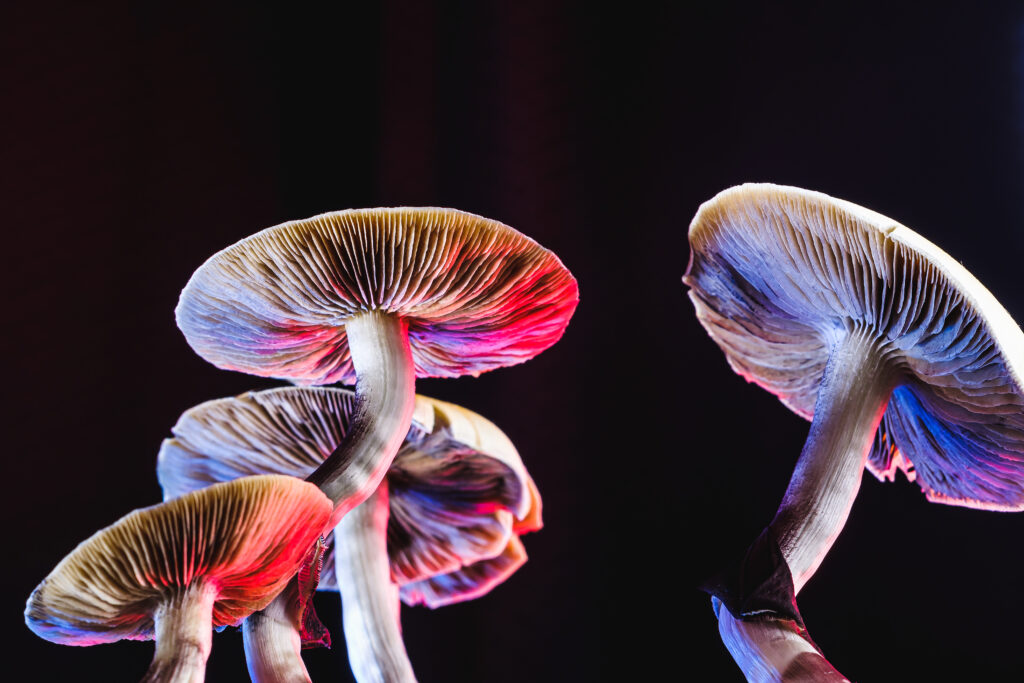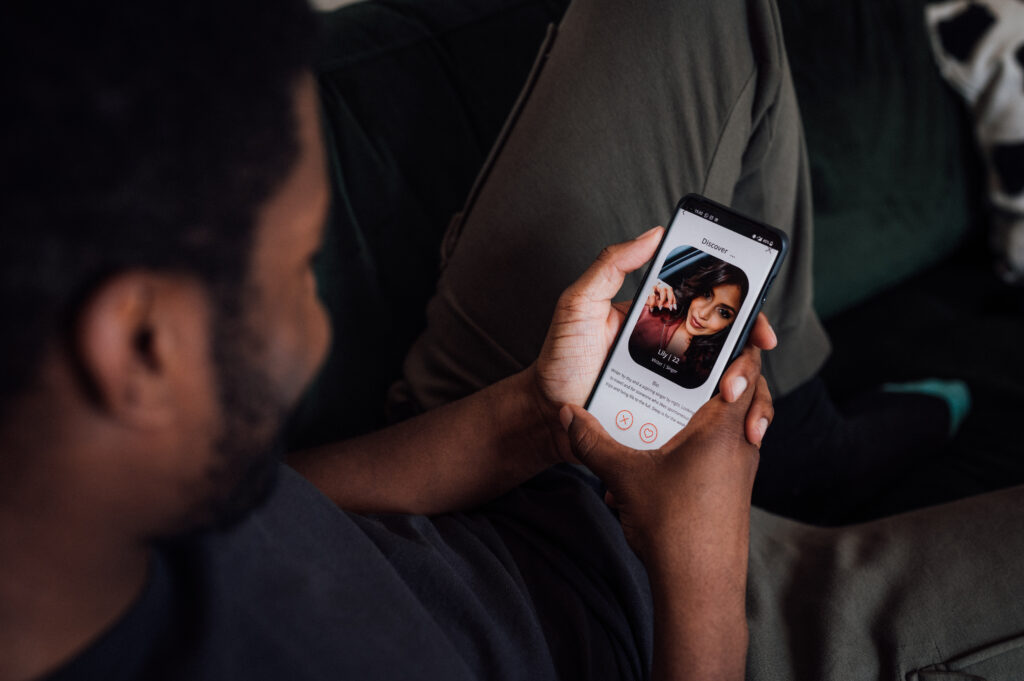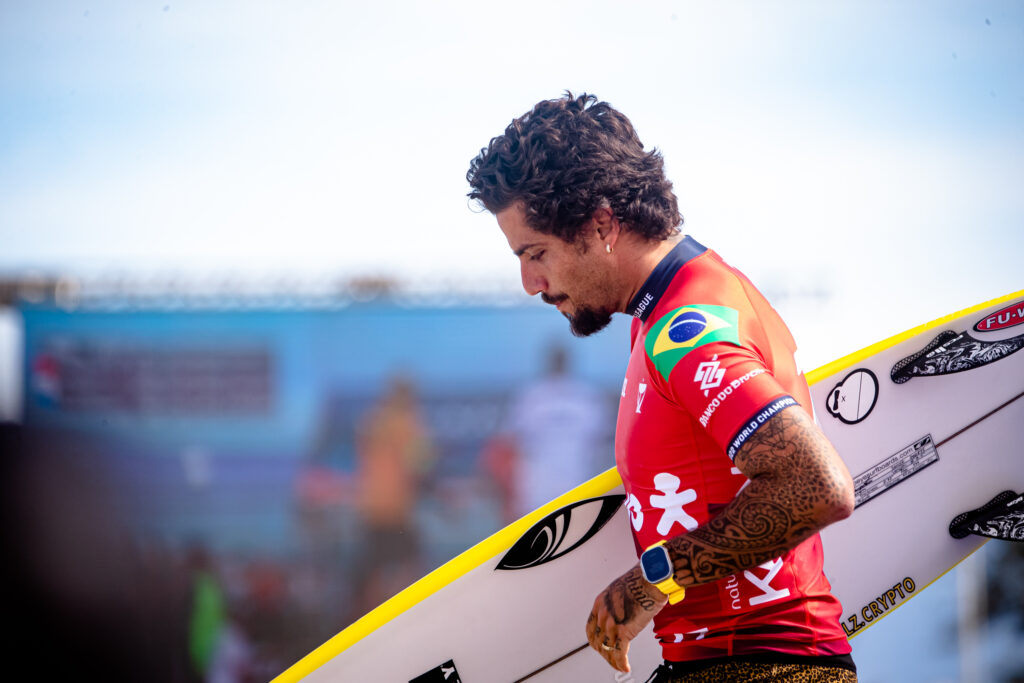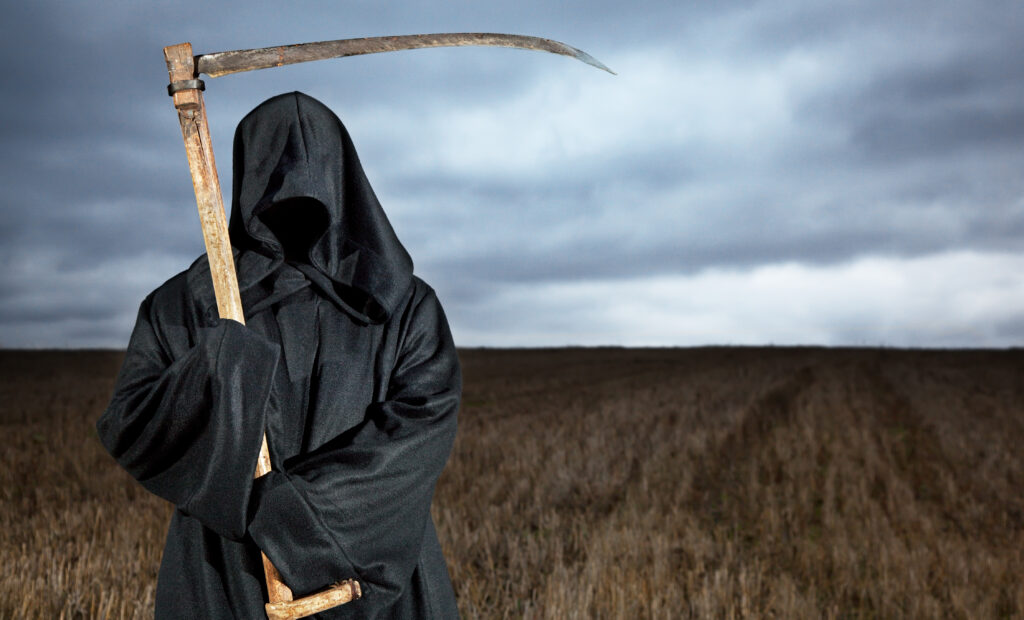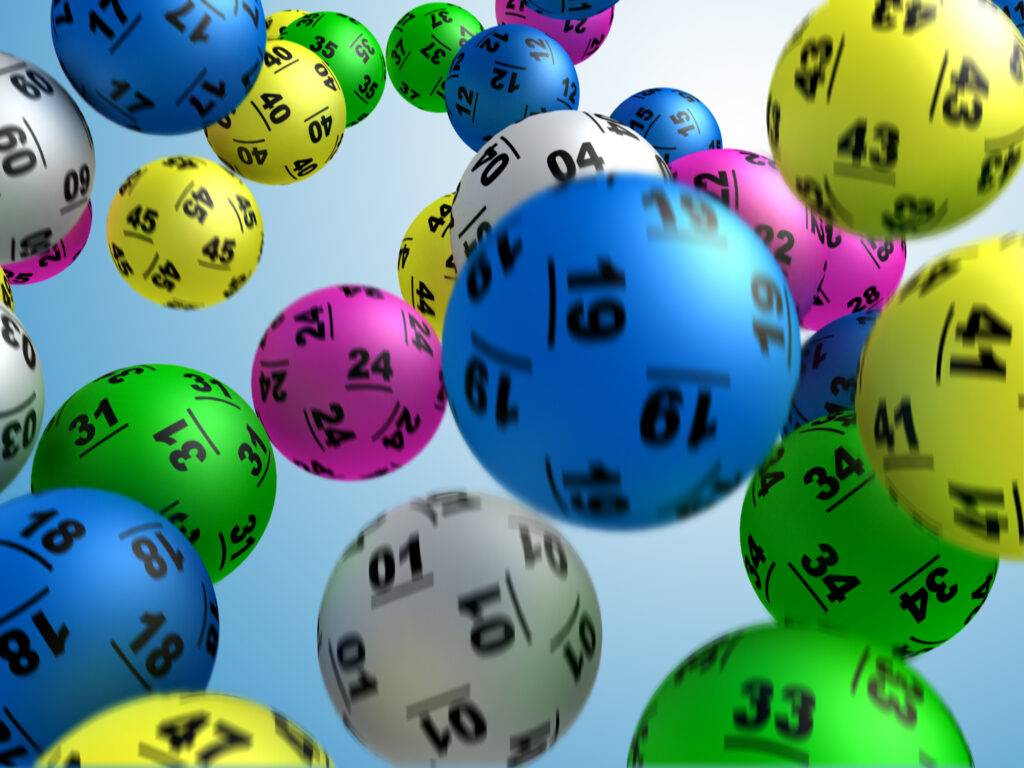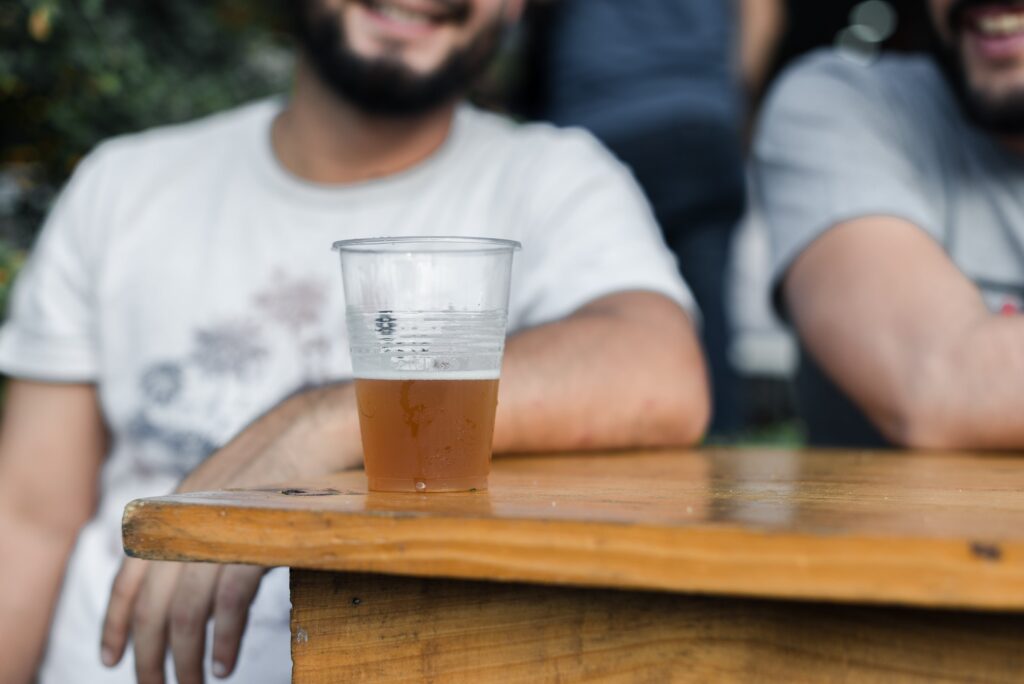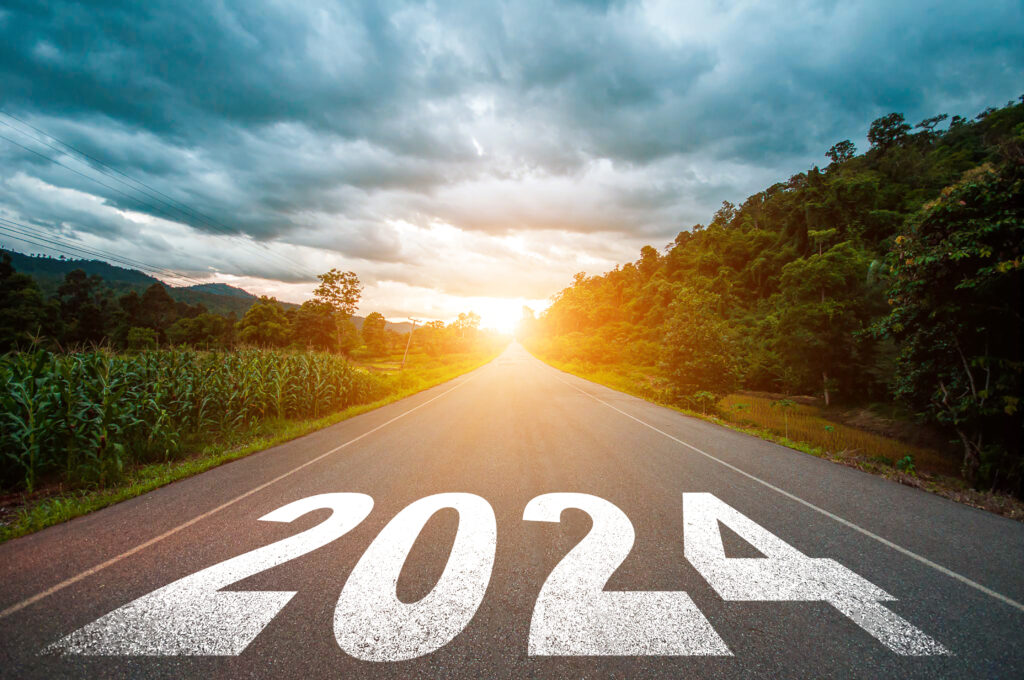TOWARDS THE END of last year, I noticed a familiar sensation coursing through my body: anxiety. Fortunately, it manifests more gently now than it did many years ago, but it’s still there. Palms clam up, heart races, brain fog sets in. I had been overworking myself at the office, yet again.
The irony of a meditation teacher burning out isn’t lost on me. But as I often tell my students, we contain multitudes. Mine? I’m a start-up co-founder, husband, father, empathetic soul navigating the chaos of the world, all while chasing my dreams, aiming for eight hours sleep each night, and ensuring I take the right vitamins. Anxiety and burnout don’t discriminate.
Just three months prior to my latest brush with anxiety, I had taken four weeks off work for the same reason, so it was surprising to find myself on the couch, utterly exhausted, with a Shake Shack burger bag by my side.
Sometimes, we don’t need meditation, supplements, or even medication. Sometimes we just need… rest. For me, rest has always been found in the practice of meditation. It both challenges and rejuvenates me. And it had been a while since I’d been on a meditation retreat—I was starting to feel it.
So, the idea of finding a 3-5 day meditation retreat took hold in my mind. Something local and not too expensive. Unsurprisingly, every retreat centre was either sold out or waitlisted. The wellness travel industry has been booming in recent years. According to data from the Global Wellness Institute, the wellness tourism market is forecast to more than double from 2022 to 2027, estimated to be worth around $USD 1 trillion in 2024. You read that correctly.
It turns out there are many others, just like me, craving a few days to escape from the hustle and grind of modern life. So, not finding anything online or through all my networks in the wellness and hospitality industry, I decided to try my luck on Airbnb and quickly found a beautiful, secluded cottage in Joshua Tree National Park in Southern California. If I couldn’t go to a meditation retreat, I was going to host my own.
With five days’ worth of food packed, a few meditation books to peruse, and all my spiritual paraphernalia, I headed out from LA to Joshua Tree. It was clear from the start that this would be a different kind of retreat. Call me crazy, but what is usually a five-hour peak-hour drive turned into three hours. Every time I changed lanes, the car in front of me made way, clearing the path for me to go ahead. Then, a double rainbow accompanied me on the last leg of my drive. Call it woo-woo, but deep inside I felt that this trip was going to be special.

Manoj’s retreat in Joshua Tree National Park.
I arrived at the destination around 7 pm, as the sun was setting, immediately struck by a few things: how secluded it was, with desert stretching for miles and miles; the recently appointed sauna and cold plunge in the backyard—what a bonus; and the quiet, humming silence. It was eerily quiet; the daytime heat had transformed into a cool, crisp breeze. I immediately tossed my bags in the room and jumped in the sauna. Here, I began plotting my course of action over the coming days.
Like traditional meditation centres, I would wake up at 5 am, have a light meal, practise sitting meditation for the next six hours in 90-minute blocks, before eating again at 11. I would then break for two-three hours and practise again until the early evening, allowing myself to read. Traditionally, you would avoid anything too stimulating, including coffee, television, or books— but who was going to tell on me, I figured.
I awoke having slept for nine hours at 8 am—shit, I’d already missed my planned morning session. Nevertheless, I sat for 60 minutes and got up to grab a tea. As I did that, unconsciously, out of habit, I reached for my phone and started doom scrolling. Now, I’d made it a specific goal not to touch my phone for the five days I was away, yet here I was, deep in a TikTok vortex or reading about overnight oats and celebrity scandals in my email.
It was here that I came across an old email exchange with my Chinese medicine doctor, Jiaming. I had been seeing Jiaming for a few months to help navigate symptoms related to mould toxicity and the overwhelming stress that had on me. In the email, she had implored me to spend some time practising Wu Wei, which we had discussed in one of our sessions. Wu Wei is a fundamental concept in Taoist philosophy, particularly within the teachings of Laozi (also known as Lao Tau) in the classic text, the Tao Te Ching. Though not a complete translation, it has often been referred to as “doing nothing” or “non-action”. There’s a little more nuance to it than this, but as Jiaming explained in her email, she said I should allow myself to flow with the day, doing whatever felt right, staying present without too much effort. Curious, I inquired what specifically I could do. “Anything you like! Watch TV, lay in a sauna, walk without a watch or phone.”
Intrigued, I reflected for a moment on how I had placed so much expectation on this mini retreat to “fix” me. So much expectation that I was getting anxious just thinking about it. As counterintuitive as it sounded, perhaps I should give myself a break and do nothing? I figured I could meditate at home for hours when I got back. How often would I be here, in the desert, with no one around?
“Just enjoy this moment”, a voice within urged me. So that’s what I did. I listened to that voice. I let go of having to achieve anything from this time away. I ditched my plans, and for the next five days I did whatever felt most appropriate. I read books in a hammock, meditated twice a day for shorter sessions, hiked in Joshua Tree National Park, watched the purple skies as the sun set, ate bagels at the famous Campbell Hill Bakery, watched movies at night, and hopped between the sauna and cold plunge during the day.
Surprisingly, I found myself contemplating my life. From work to having kids to decisions I had made in my life, a doorway to a well of self-enquiry emerged in the space I’d opened up for myself. When I woke up, I checked in with what my body wanted to do… move or relax. I waited until I was hungry to eat, not looking anxiously at the clock. I had a loose routine, but my only non-negotiable was that I wouldn’t use my phone for more than an hour a day. During that hour, I could do whatever I wanted, but no more.
At the end of my sojourn to the desert, I felt renewed. Not only did I exercise every day, I sweated in the sauna and walked in nature. I was cooking almost every meal, meditating and giving myself time to simply be. Ideas poured out of my brain, my digestion improved, and my Oura ring showed that my REM sleep was through the roof. I was rested.
The intersection of Wu-Wei with existing modern wellness trends like mindfulness, the slow living movement, forest bathing, digital detoxes, and self-care emphasise the need to prioritise recovery and slow down. Scientific research supports these approaches, showing benefits such as stress reduction, improved mental health and enhanced overall wellbeing.
We each lead increasingly busy lives and taking care of ourselves can feel like just another task on your to-do list. Something we invest a little bit of time into and then eagerly await the results. But every now and then, we can let go of the to-do list, drop our expectations and plans and remember what it was like not to have to be anywhere or more importantly, anyone.
Could a “do-nothing” retreat be the hottest wellness trend of 2024? I doubt it. But it could be the kind of retreat that brings you back into your body, sparks creativity and ensures better rest.

Related:








